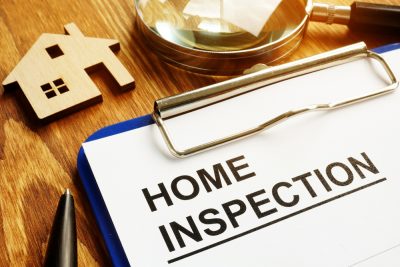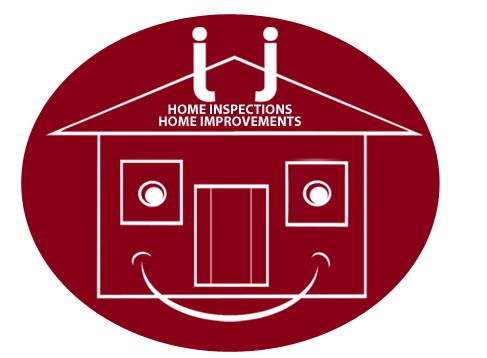
You have got your dream house and are ready to enter the exciting world of home buying. You might be asking, among other things, what factors determine the cost of a home inspection. Let’s look into these elements to see why the investment can vary and what you should keep in mind as you prepare for this critical step.
Size of the Property
The size of the property is a major element in determining the cost of a home inspection. A larger home often needs more time and effort to thoroughly evaluate. There are more rooms, systems, and places to cover with increasing square footage. As a result, the cost of the inspection will rise along with the size of the property.
Complexity of the Property
The complexity of the property, in addition to its size, can influence the cost of the house inspection. If the property has unusual features, complex systems, or unusual designs, the inspector may need to devote extra time and attention to detail. A historic home, for example, with delicate woodwork and vintage systems may demand a more thorough inspection, thus increasing the cost.
Location of the Property
The cost of the house inspection is also affected by the property’s location. Prices can vary depending on geographical variances in living costs and the real estate market. You may find that the cost of services, including home inspections, is greater in places with higher living costs. It’s usually a good idea to look into the average costs in your area to have a better idea of what to expect.
Additional Services if Taken
A regular home inspection may not always cover everything you require. If you want to add on services like radon testing, mold inspection, or termite inspection, the entire cost will rise. These specialist services necessitate the use of specialized tools, equipment, and experience, all of which contribute to the higher investment. While they may increase the cost, they will also provide vital insights into prospective concerns that may influence your selection.
Complexity in Negotiation
While you are not directly negotiating the cost of the inspection, the negotiation process can have an impact on your overall spending. If the inspection report reveals severe flaws, you may be able to bargain with the seller. You may, for example, ask them to fund some of the repair costs or lower the selling price to account for necessary repairs. This phase in the negotiation process can have an indirect impact on the financial conclusion of your home inspection journey.
What should you know Before Investing in the Home Inspection?
Invest in Quality
When considering the factors that determine the cost of a home inspection, keep in mind that quality is vital. While you may be tempted to choose the lowest option, hiring a competent and reputed home inspector is critical. Examine inspectors for certifications, experience, and favorable feedback. In the long run, investing in a complete examination performed by a competent professional will save you from future difficulties and unexpected charges.
Set the Budget Wisely
Remember to budget for the house inspection when planning your home-buying procedure. While the cost will vary depending on the elements we’ve examined, it’s a minor investment for the insights and peace of mind it delivers. Just keep in mind that paying a little more on a thorough inspection can lead to better decision-making and potentially huge savings in the long run.
Understanding the elements that influence the cost of a home inspection is critical as you begin your home-buying journey. By anticipating these possibilities, you’ll be better prepared to budget sensibly and make an informed decision about one of the most important expenditures of your life.

